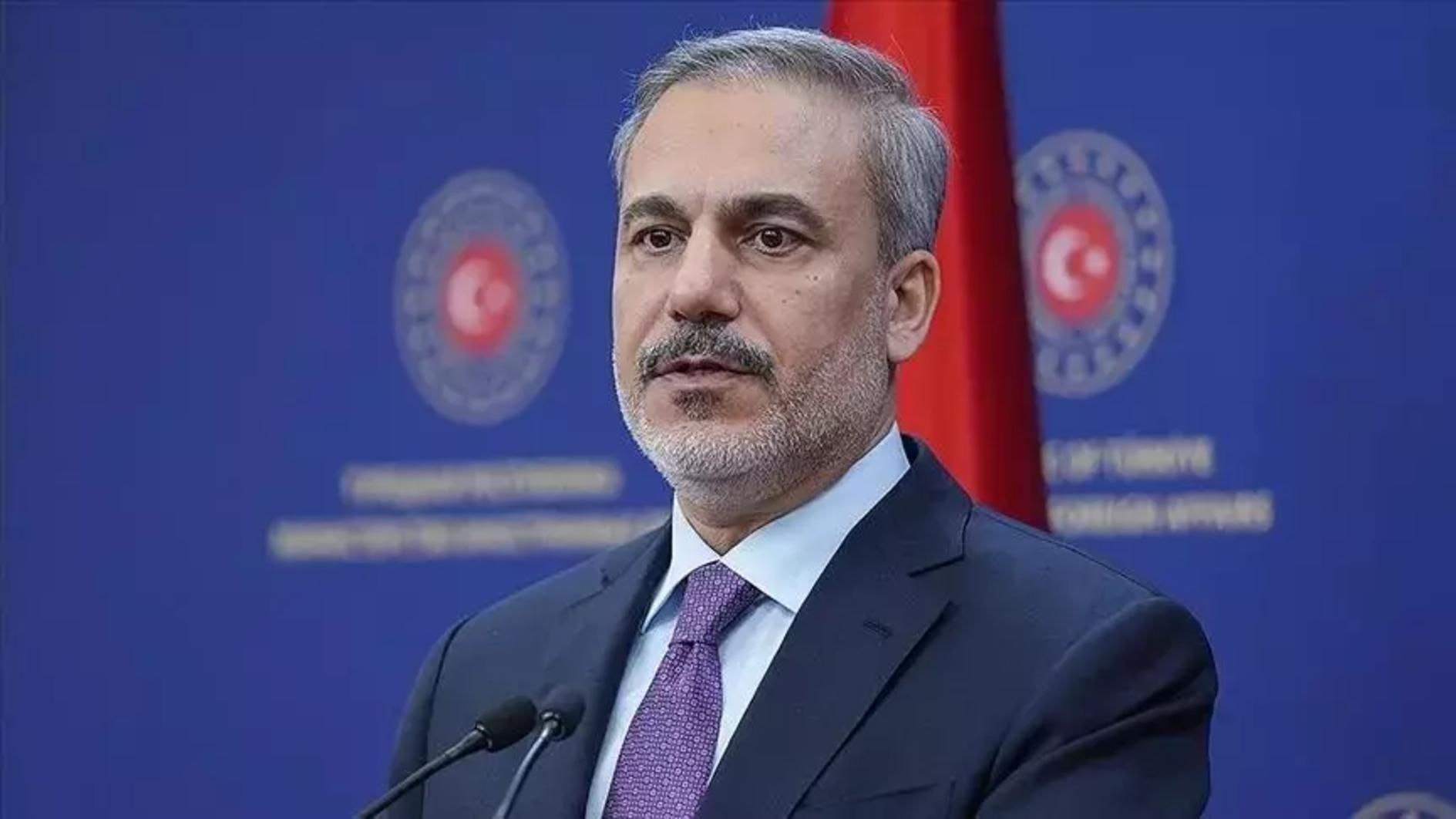European democracy getting more beautiful
ANGELO SANTAGOSTINO
The two major parties in the European Parliament have chosen their candidates for the presidency of the European Commission for the period 2015-19: Jean-Claude Juncker and Martin Schulz, The first is Socialist while the second is a Christian-Democrat.First of all, it should be underlined that the designation of party candidates is a novelty. So far, only the member state governments, meeting in the European Council, have proposed candidates. However, it is not yet clear whether or not the Parliament and the council will have the same candidate, or, to put it better, if the candidate of the council will be one of the candidates chosen by the parties. According to the Treaty on the European Union, “The European Parliament shall … elect the president of the commission, however,” it is the council which “taking into account the elections to the European Parliament … shall propose to the European Parliament a candidate for president of the commission.
This candidate shall be elected by the European Parliament.” If this candidate does not get the required majority, a new candidate will be proposed.
Could the council challenge Parliament by choosing a candidate of its own? This could happen, but would trigger a dangerous conflict between the two institutions, with the first a likely loser. In a moment of rampant anti-Europeanism, a president of the commission elected by the Parliament from candidates chosen by the political parties would dissolve most of the criticisms leveled at the democratic deficit of the European Union.
Juncker is a veteran without equal in European institutions. For nearly two decades until a few months ago, he was the premier of Luxembourg, continuously attending meetings of the European Council for many years. Also serving as minister of finance, he presided for a long-time over the Eurogroup, the Ecofin Council formation that consists exclusively of countries of the eurozone. An undoubted plus for Juncker is that he is appreciated by both the Germans and the Greeks. German Chancellor Angela Merkel’s Christian Democratic Union (CDU) and the Greeks of Nea Demokratia (ND).
In his first statements after his investiture was received at the Congress of the European People’s Party in Dublin last week, Juncker emphasized the need to strengthen the single market and complete it with a digital one and the free movement of services. The former Mr. Euro is a convinced supporter of fiscal and budgetary discipline. His electoral manifesto should be a mixture of market and fiscal order.
The latter is seen as a tool to create the framework of macro-economic stability essential to allow the market to work properly, production to grow and jobs to be created.
Schulz was a somewhat obscure German member of the European Parliament who, just at the start of the Italian Presidency of the Council in July 2003, clashed with Silvio Berlusconi after questioning the intelligence of some of the ministries of his government. Thanks to this incident, his popularity swelled among sympathizers of the left. From there, it was to become a continuous crescendo for him. He was president of the Socialist Group in 2004 and is at the head of the European Parliament today. No less convinced a Europeanist than Juncker, Martin has quite different ideas concerning the priorities of the EU. Indeed, essentially antithetical, he believes in the primacy of politics over economics and looks at markets as producers of diktats more than of well-being and prosperity. His weak point is that, unlike Junker, he does not have the support of the Greeks. Indeed the Hellenic left and a part of the European far left have decided on Alexis Tsipras as their candidate. Juncker and Schulz embody two visions of Europe that will be discussed, among more extremes views, in an election campaign that should finally be centered on European issues. European voters, between May 23 and 25, will cast their ballot for the new European Parliament that will then elect the president of the commission. Regardless of who will prevail, it will be a victory for European democracy.











